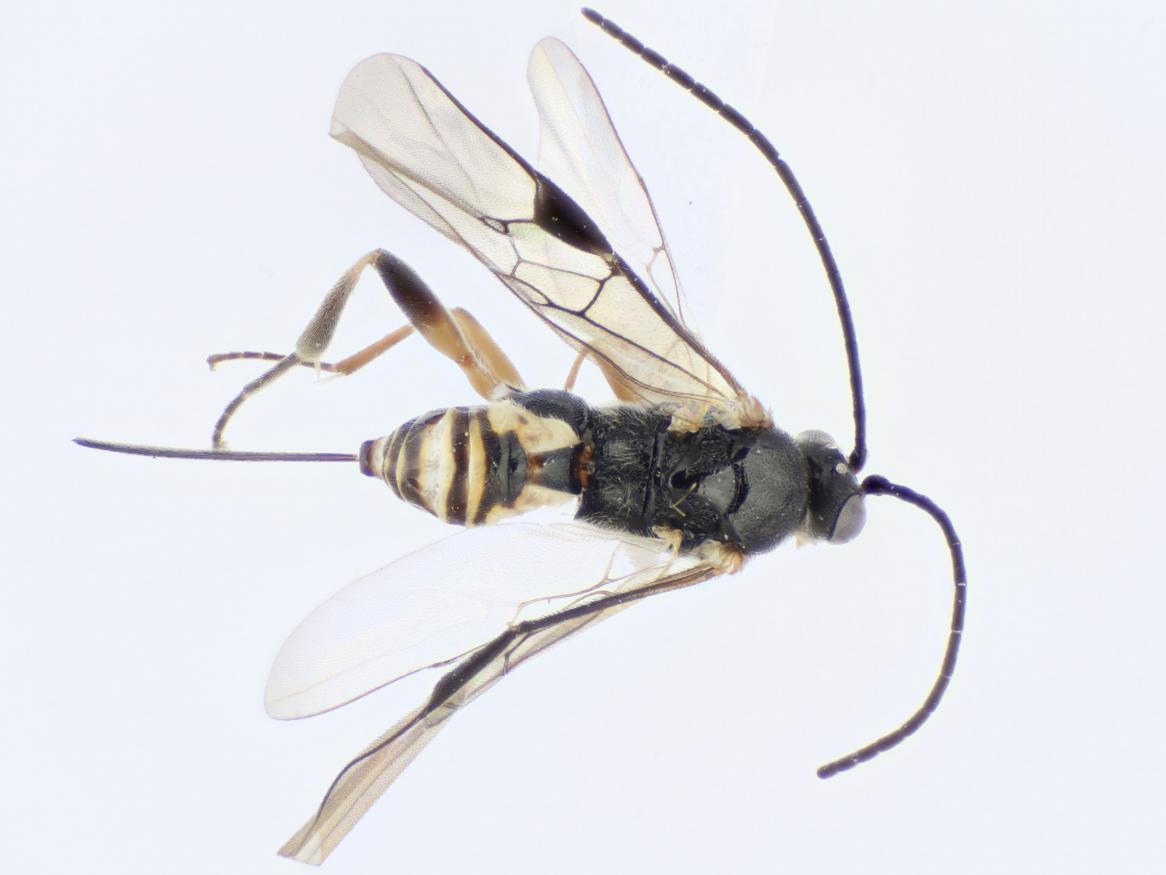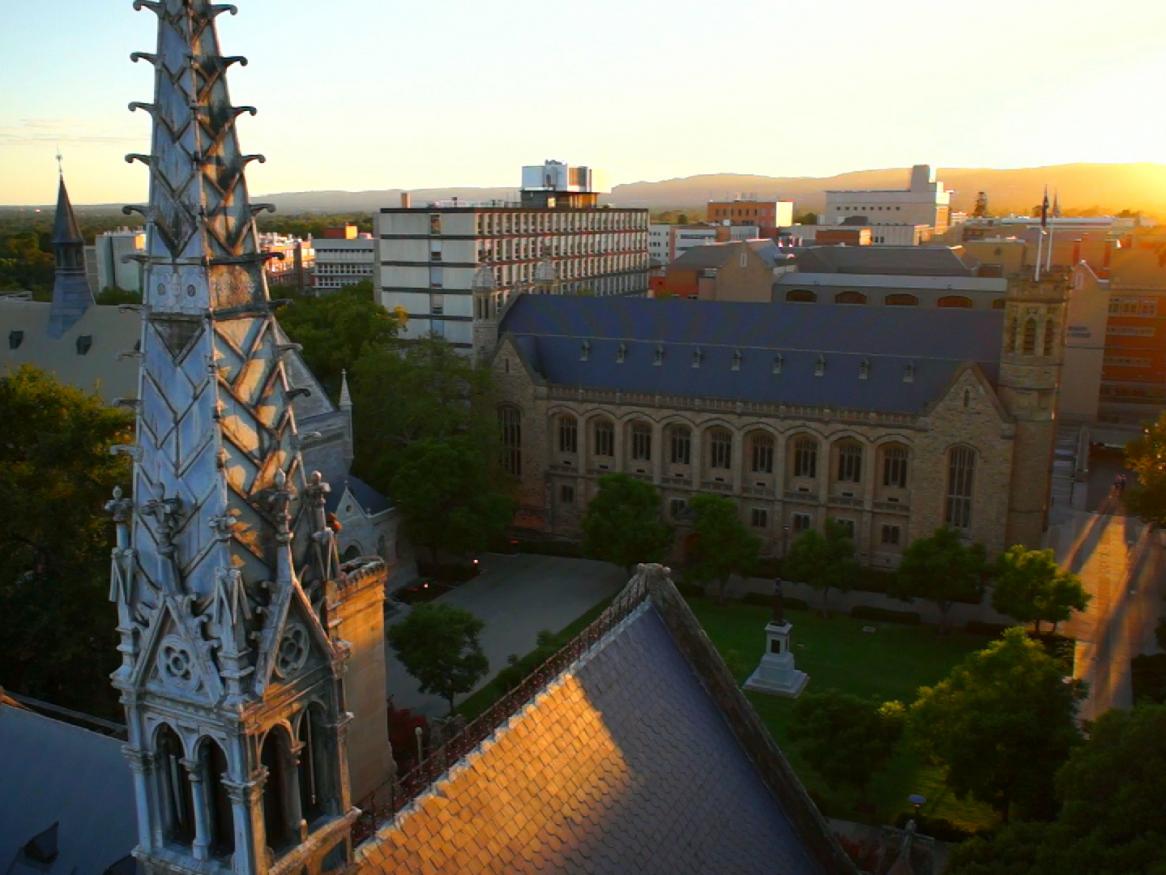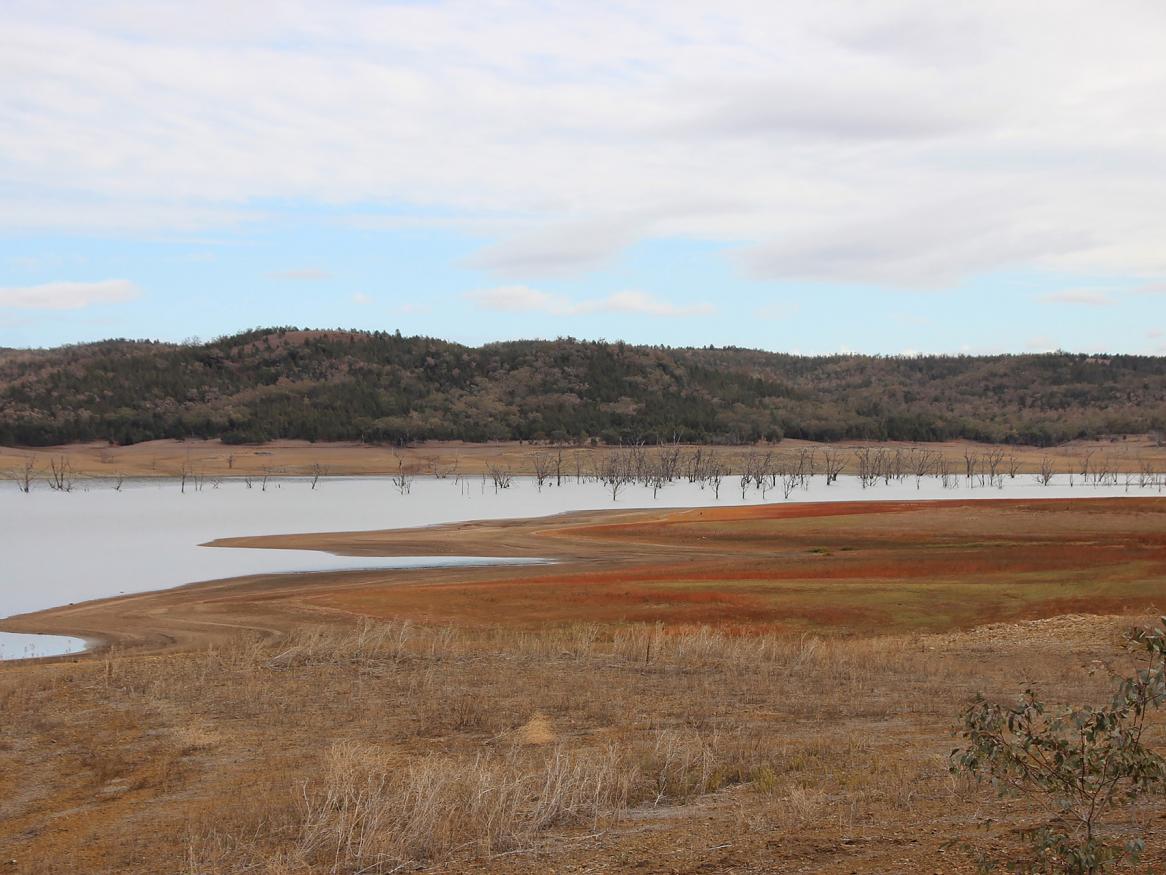Latest news
Search news stories
Enter a keyword to search news.
Inaugural Rover Challenge proves a winner

Rover teams competed in four challenges at the inaugural Australian Rover Challenge (ARC) on North Terrace campus on 27 and 28 March.
Heart attack research receives $3.5million boost

Heart attack treatment will be revolutionised thanks to Federal Government funding of more than $1.4 million to the University of Adelaide’s Professor John Beltrame.
[Read more about Heart attack research receives $3.5million boost]
School students discover four new species of wasp

Four primary schools in regional South Australia have been involved in the discovery and naming of new species of wasp as part of a trial of a new citizen science project led by the University of Adelaide.
[Read more about School students discover four new species of wasp]
Students’ lunar rovers go head-to-head

This weekend teams of students from around the country will compete in the inaugural Australian Rover Challenge held at the University of Adelaide. Students will put their lunar rovers which they have designed and built themselves, to the test in a series of missions performed on a recreation of the surface of the Moon.
National success for industry-linked ARC grants

The University of Adelaide has been awarded more than $3.6 million in industry-linked grants by the Australian Research Council (ARC) for important research that will attract a further $1.8 million in support from industry. The research will have a positive impact on diverse areas such as defence, food production and protecting the environment.
[Read more about National success for industry-linked ARC grants]
Artificial intelligence revolution offers benefits and challenges

Australia could once again have a globally competitive manufacturing sector by using automation driven by artificial intelligence (AI). That’s the view of University of Adelaide researchers who are aiming to play a major role in the development of AI which is poised to reshape the global economy, bringing challenges and opportunities.
[Read more about Artificial intelligence revolution offers benefits and challenges]
New evidence in search for the mysterious Denisovans

An international group of researchers led by the University of Adelaide has conducted a comprehensive genetic analysis and found no evidence of interbreeding between modern humans and the ancient humans known from fossil records in Island Southeast Asia. They did find further DNA evidence of our mysterious ancient cousins, the Denisovans, which could mean there are major discoveries to come in the region.
[Read more about New evidence in search for the mysterious Denisovans ]
Why our rivers are running drier

An international team of researchers including the University of Adelaide has demonstrated that climate change is responsible for the changes in the flow and water volume of rivers globally, with major implications for Australia.
Wine consumption patterns relatively stable under COVID

Wine consumers have reported that their consumption hasn’t changed much despite the stresses of lockdown. The results from a survey by a team of experts led by the University of Adelaide show patterns of wine consumption that also indicate a trend towards buying wine direct from producers.
[Read more about Wine consumption patterns relatively stable under COVID]
Green space or light at night – how do we improve health?

There is a growing body of evidence that exposure to green space is good for our health but a new study from the University of Adelaide has found that this may equally be due to how much light we are exposed to at night.
[Read more about Green space or light at night – how do we improve health?]
